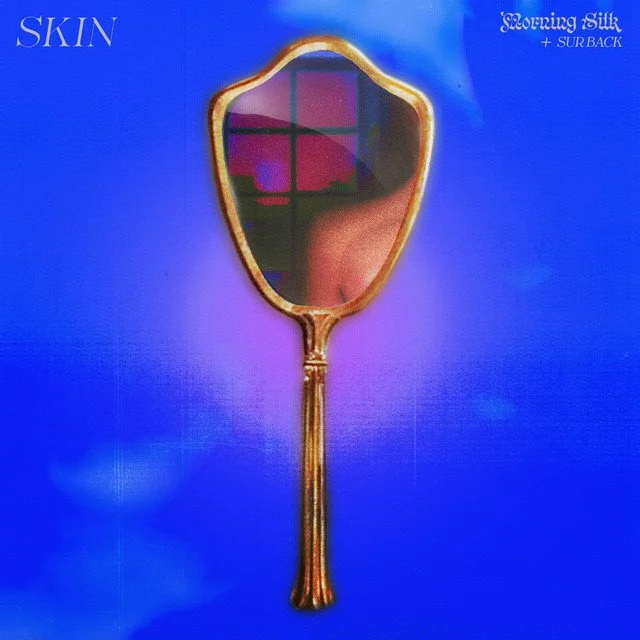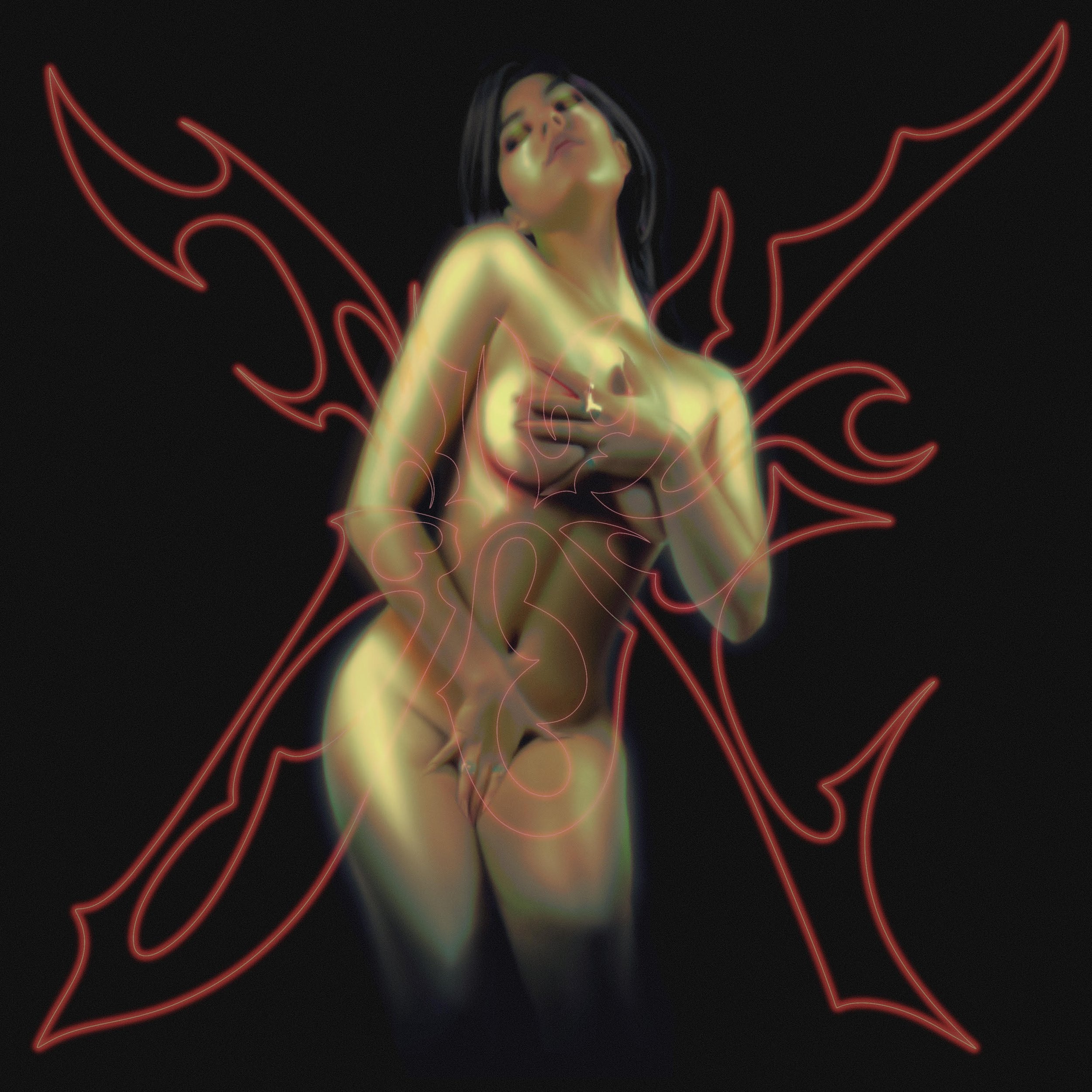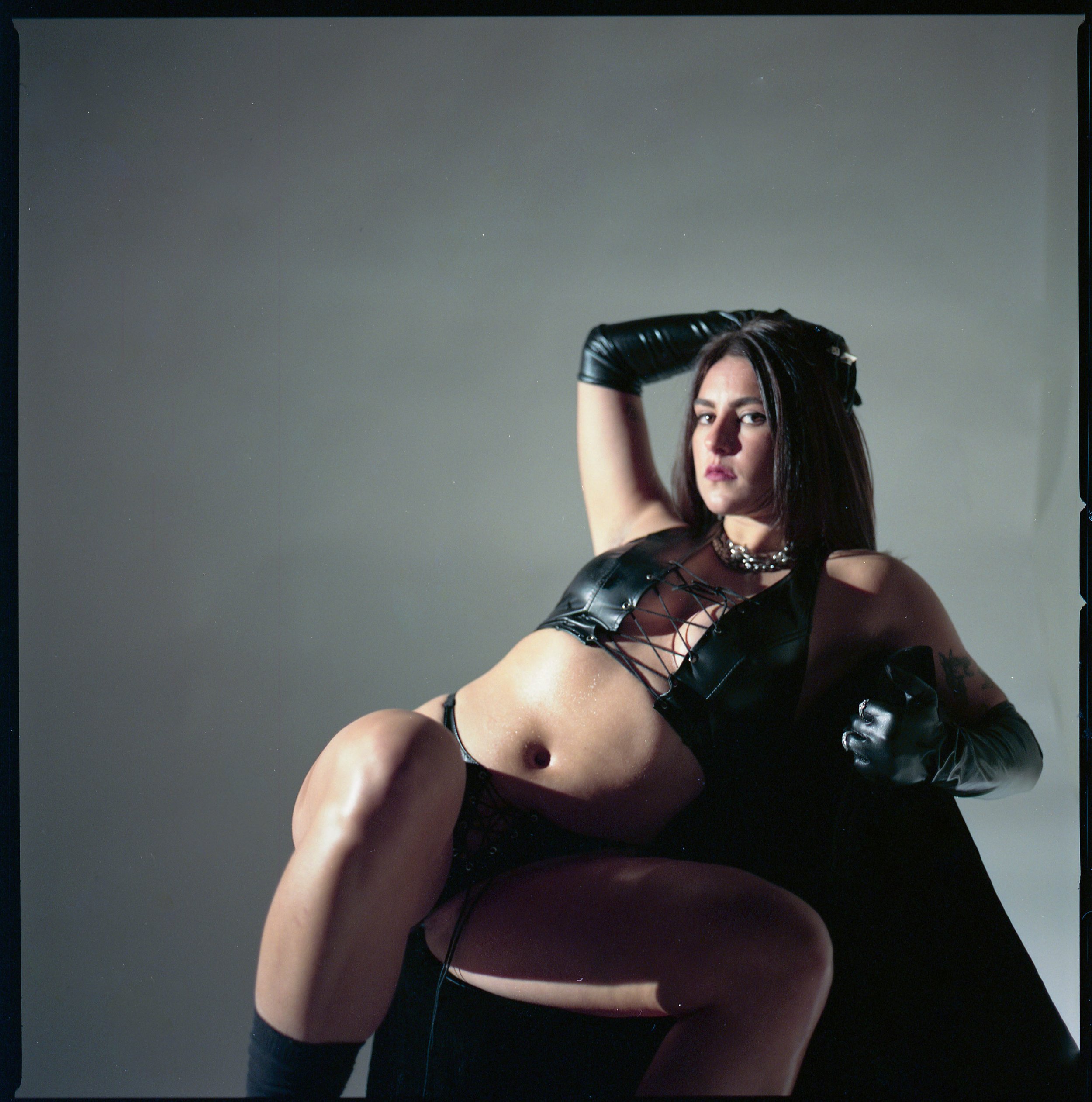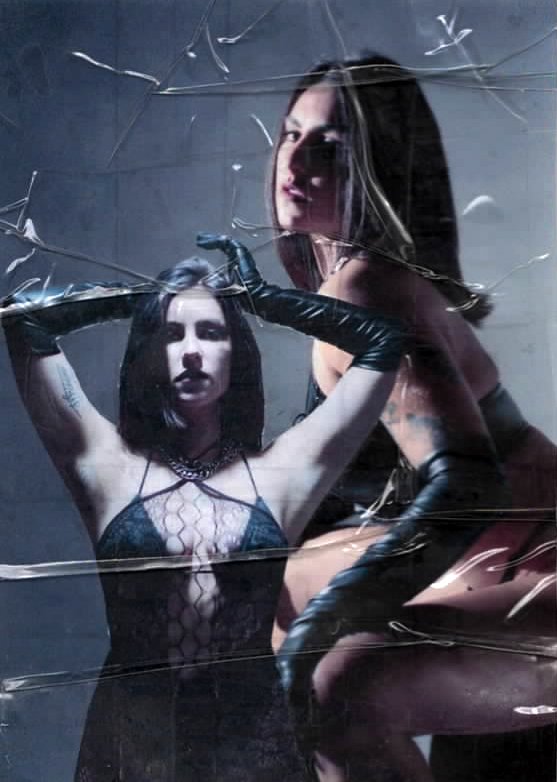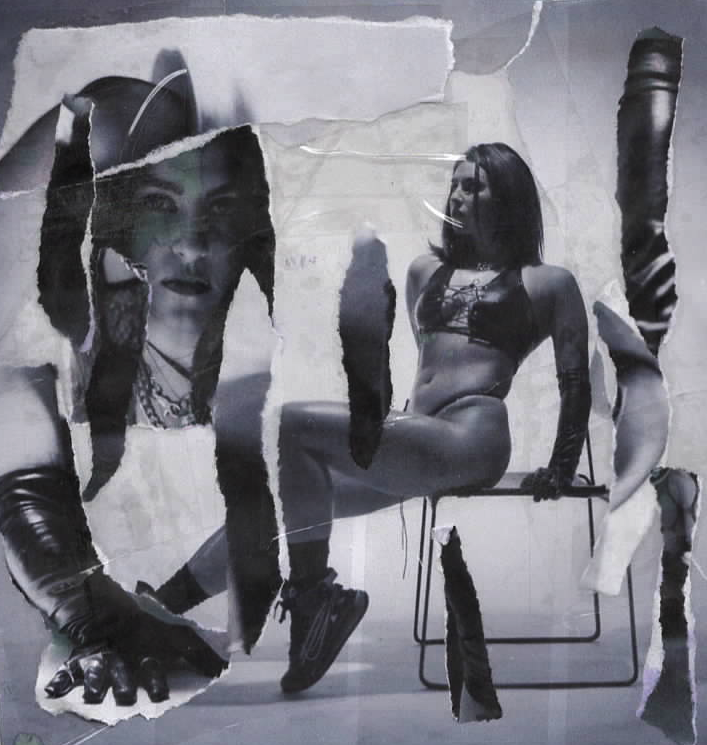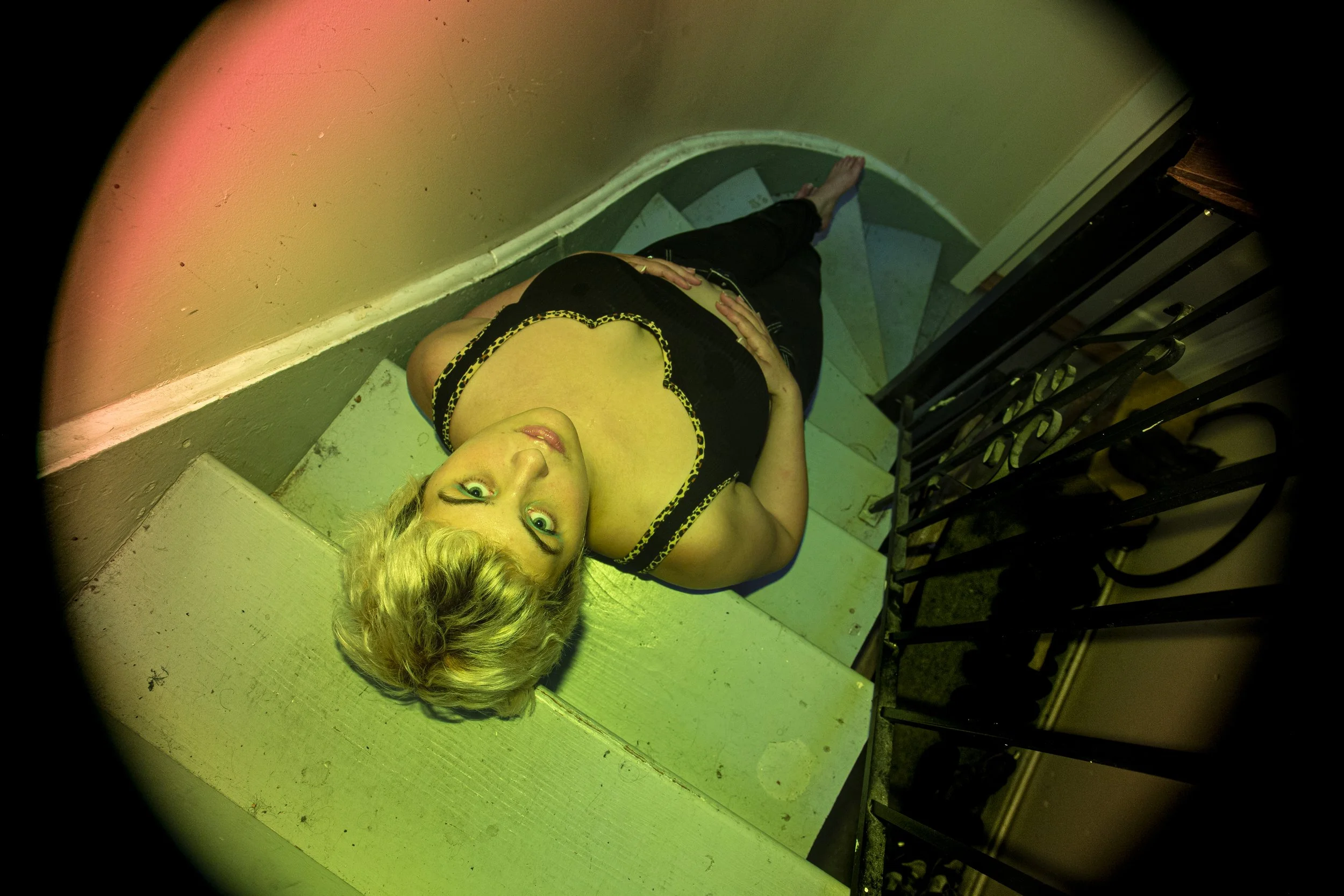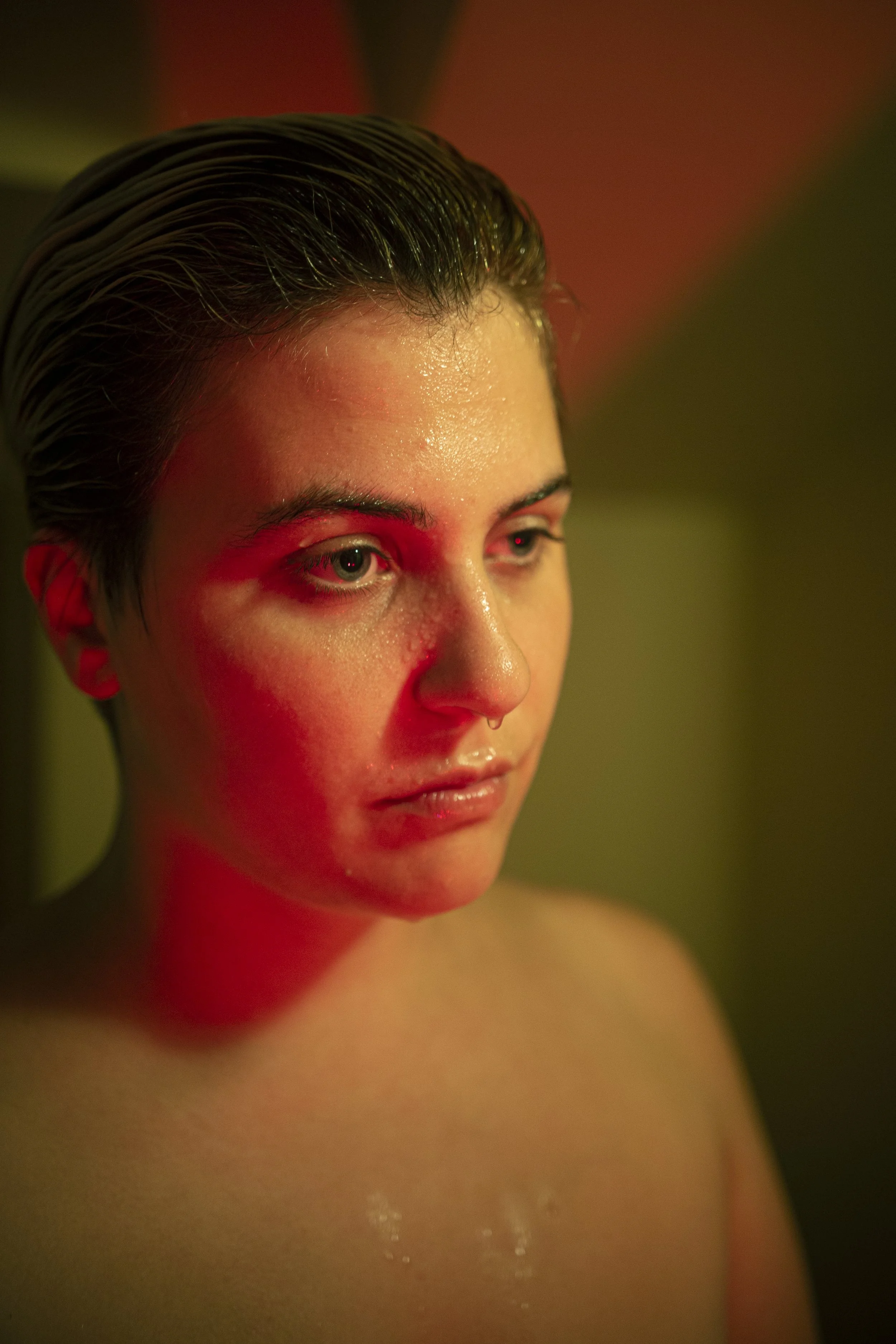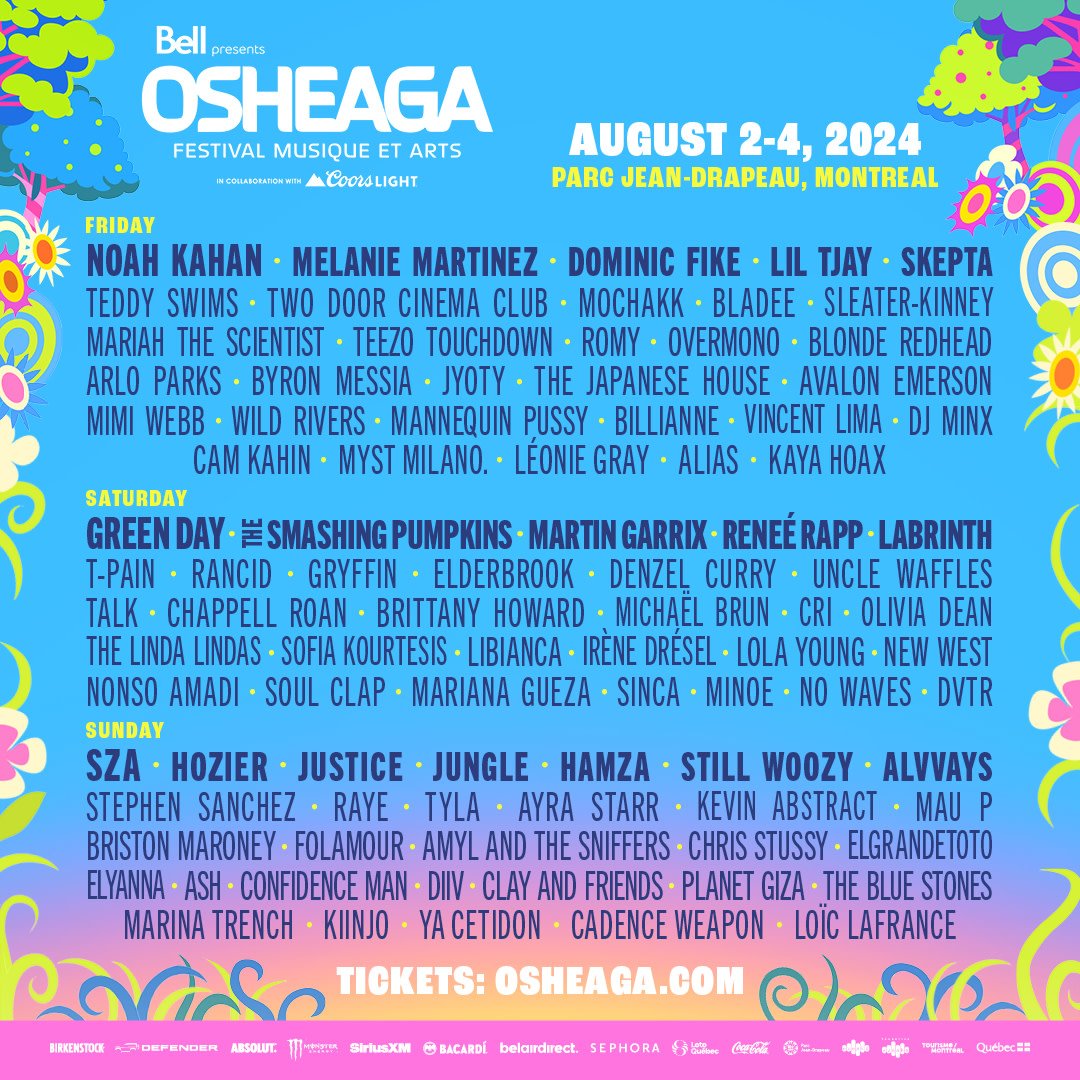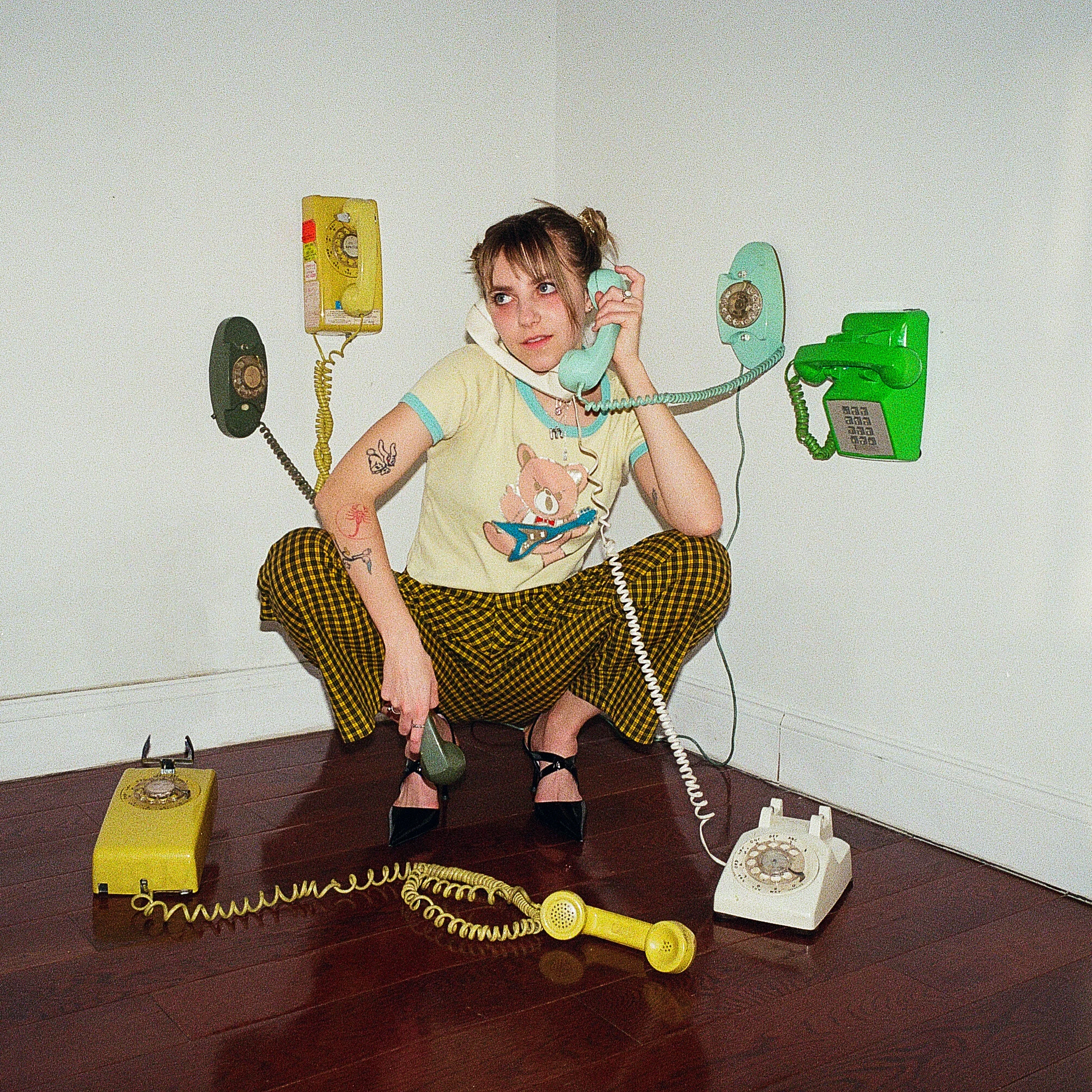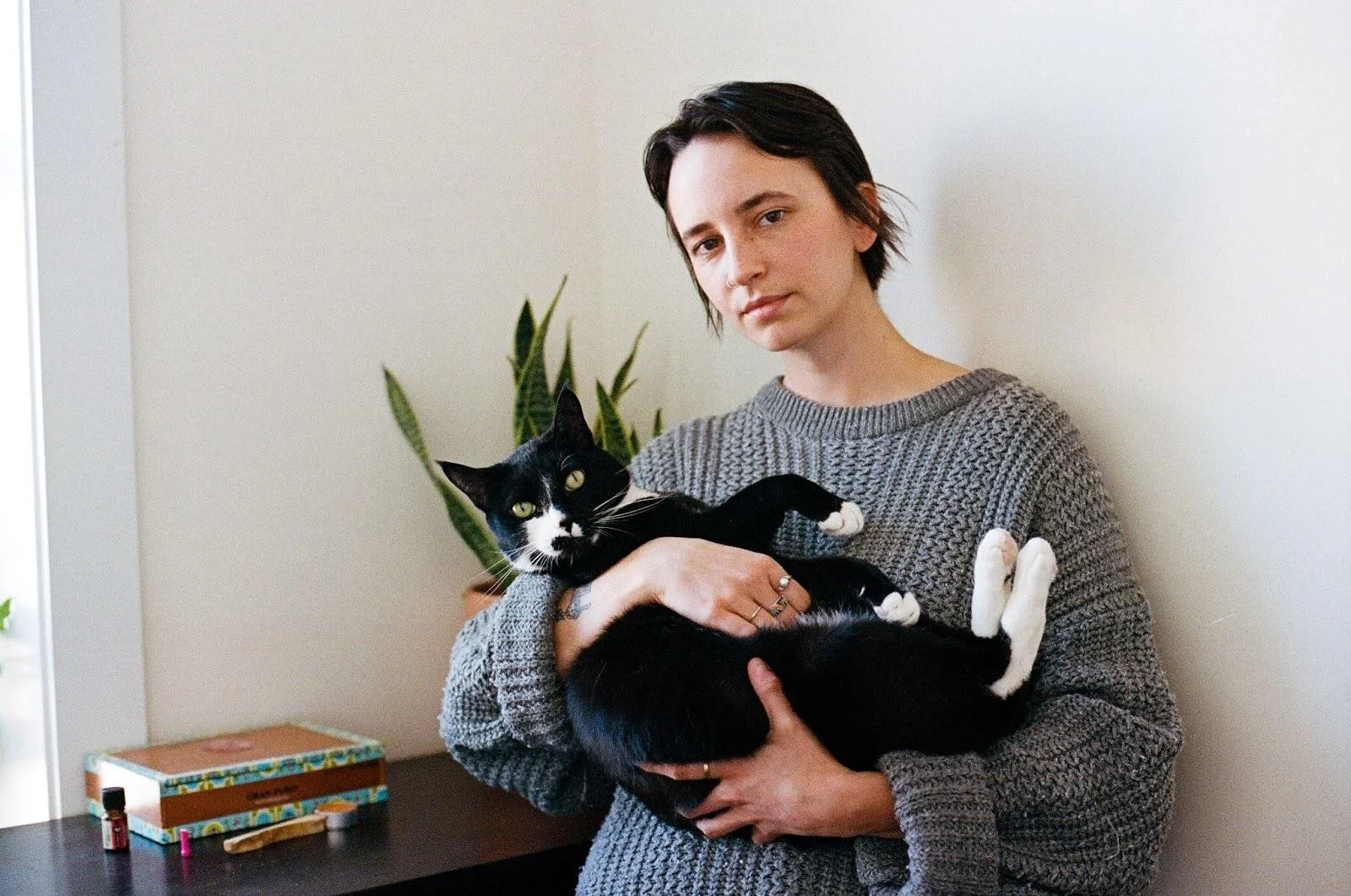Morning Silk Talks NYC's Indie Pop Scene, "Skin," and Starting Their Own Studio
Lately, we've been spending our free time daydreaming about summer and curating soundtracks for our forthcoming main character moments. NYC-based alt indie-pop group Morning Silk fit the bill perfectly, with soft vocals and upbeat synthy instrumentals.
Morning Silk's sound evokes the 2017-era indie pop/rock scene à la Clairo, Rex Orange County, & Her's. We chatted with the band about their experience with the scene in NYC, musical inspiration, and how they went from architecture school to indie pop.
Malaika for Also Cool: Hi! Nice to e-meet you. I'm curious what led you to music while in school for architecture. Do you think anything you learned in school affected your taste in music and aesthetics?
Frank Corr for Morning Silk: Hi! I never had much recording equipment growing up, but I was listening to a lot of bands that used DIY recording methods. Those bands helped me finish school, but then I thought, why can't I do what they did? So I began collecting some small recording gear with internship money I made.
I was around a lot of painters, and used to be in painting myself. We were always tightly intertwined with listening to new music or just going to gallery shows/events where there was already some sort of music scene. A lot of punk bands played in Providence, so we were drawn to the idea of playing live and performing before we even had anything recorded.
Also Cool: What has your experience been like with the music scene in NYC? It seems like things have started to (slowly) open up again, and I'm interested to hear what you're looking forward to.
Morning Silk: We are pretty new to the New York scene. I feel like I didn't really connect with a lot of music here or musicians until recently. Matt was saying that there are so many sub-scenes going on that you discover through playing shows here and whatnot. I recently started producing for a few artists, and now I finally feel like I've found my place in the city. We are finishing up our first record, so we are so hyped to play it for people! We just started playing shows with our friends and some of the artists I produce for, so we have created a little place for ourselves.
AC: How did you start your own studio? What was that process like, and what inspired it?
MS: Rob, Matt, and I would use this place called "The Tap Room" in Providence to rehearse/write and record. It wasn't really a studio at all, so we would have to lug Rob's drums from our apartment and set them up and break them down every single rehearsal. It was really exhausting, so we always dreamed of a place where we could leave things set up so we could record whatever we had on our minds right away.
I started collecting some higher-end gear with a friend who was already in New York and just stored it with them. We would go to New York on weekends and record at a little practice space in Dan Bro. As Matt was saying, we eventually got tired of that, and Rob had found a new space. It was like a living room with a kitchen, but we could see a control room where the sink was, so we decided to try to make this the dream studio.
We didn't have a lot of experience recording, but I was trained as an Architect, and Rob was an excellent builder, so we figured we would just figure it out as we go. Eventually, we partnered up with an audio engineer and made the space what it is today! It's very special, and we are so lucky we can record in our own self-funded/built space.
AC: You've quoted MGMT as musical inspiration, but I'm curious if there are any local artists or friends who have helped inspire/influence your music as well.
MS: Matt was saying ever since we all started recording music, we mainly just listen to each other's demos now. Hearing what Rob and Matt are making is one of the most surprising and interesting things to hear.
Same thing with our friends doing other things, like I am always inspired by whatever Sur Back is doing production-wise or what Richie Quake or Middle Part are working on. We are always working on each other's music now too. I guess that is a really nice way to learn/inspire each other. If I'm working a lot with a particular artist, it might bleed a little bit into the songwriting. For instance, my friend Michael is really into French House, so I might pick up a few jumping bass lines from that style here and there.
Also, our friends Anna and Kristos are always putting us onto new things happening. In the end, I always run my ideas by Caroline (Sur Back) just to make sure I'm not making something completely insane or silly, haha. I am probably leaving out a lot of other people, but those are just some artists and producers, to name a few that we have been around as of lately.
AC: What can we look forward to from Morning Silk in 2022?
MS: I've been doing a lot of production for other people lately, so I am really looking forward to finishing and releasing our self-titled debut album. I've already started writing and recording the next album, so we plan to put out more than a few projects this year! Working on other people's projects has taught me to move faster and be more open to collaboration. We hope to make an EP this year between the two records I started recording, which will be a whole different vibe.
Watch “Skin” by Morning Silk below
Morning Silk
Spotify I Instagram I Facebook I Bandcamp
Malaika Astorga is the Co-Founder & Creative Director of Also Cool. She is a Mexican-Canadian visual artist, writer, and social media strategist currently based in Montreal.

